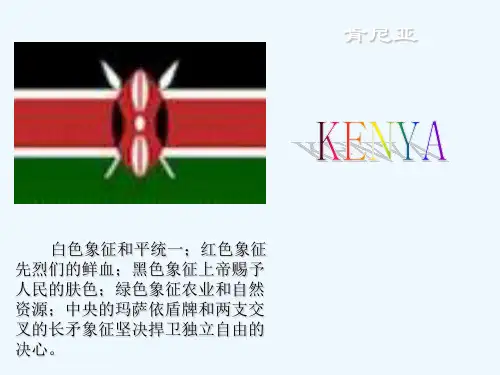“美国偶像”肯尼迪的一生PPT课件
- 格式:ppt
- 大小:4.81 MB
- 文档页数:36
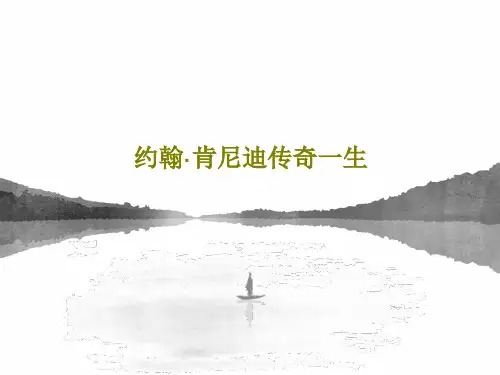
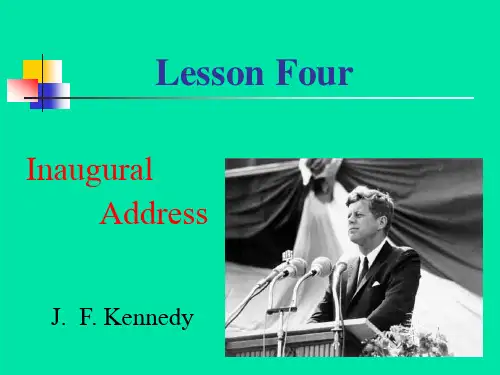
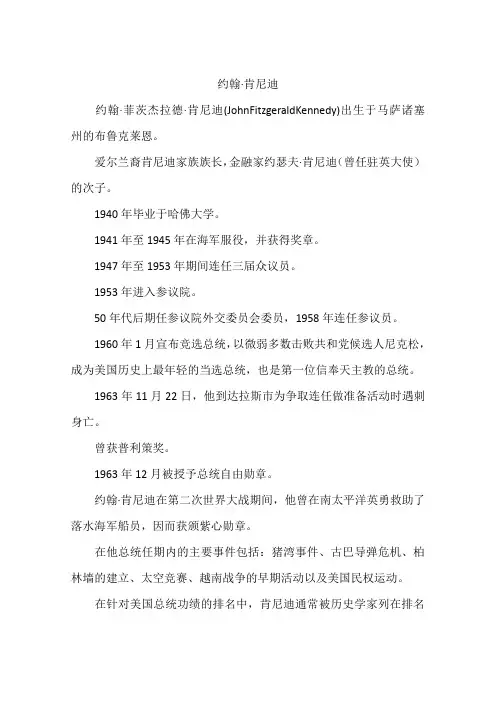
约翰·肯尼迪约翰·菲茨杰拉德·肯尼迪(JohnFitzgeraldKennedy)出生于马萨诸塞州的布鲁克莱恩。
爱尔兰裔肯尼迪家族族长,金融家约瑟夫·肯尼迪(曾任驻英大使)的次子。
1940年毕业于哈佛大学。
1941年至1945年在海军服役,并获得奖章。
1947年至1953年期间连任三届众议员。
1953年进入参议院。
50年代后期任参议院外交委员会委员,1958年连任参议员。
1960年1月宣布竞选总统,以微弱多数击败共和党候选人尼克松,成为美国历史上最年轻的当选总统,也是第一位信奉天主教的总统。
1963年11月22日,他到达拉斯市为争取连任做准备活动时遇刺身亡。
曾获普利策奖。
1963年12月被授予总统自由勋章。
约翰·肯尼迪在第二次世界大战期间,他曾在南太平洋英勇救助了落水海军船员,因而获颁紫心勋章。
在他总统任期内的主要事件包括:猪湾事件、古巴导弹危机、柏林墙的建立、太空竞赛、越南战争的早期活动以及美国民权运动。
在针对美国总统功绩的排名中,肯尼迪通常被历史学家列在排名的中部偏上的位置,但他却一直被大多数美国民众视为历史上最伟大的总统之一。
早期经历约翰·肯尼迪出生于美国马萨诸塞州的布鲁克莱恩,父亲约瑟夫·帕特里克·肯尼迪(Joseph P. Kennedy, Sr.)和母亲罗斯·菲茨杰拉德·肯尼迪(Rose Fitzgerald Kennedy)于1914年10月结婚,共育有子女九人,四男五女,肯尼迪是次子。
肯尼迪的一生都在与各种疾病做着斗争。
在三岁生日前三天,他患上了恶性猩红热。
1930年秋天开始,他患上了一种无法确诊的疾病,后来确诊为爱迪生氏症(Addison's Disease)。
这种疾病使得他的内分泌发生紊乱,免疫力降低。
肯尼迪在他五岁的时候进入爱德华奉献学校(Edward Devotion School)学习,1922~1924年期间,他在那里学习幼儿园到三年级的课程。
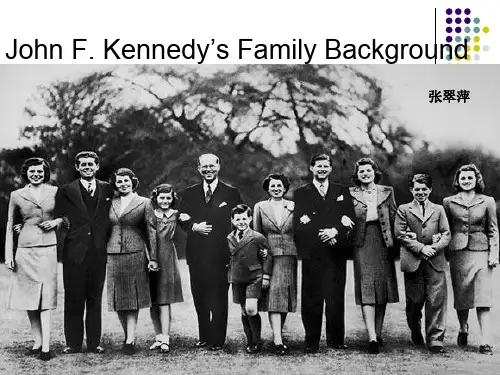
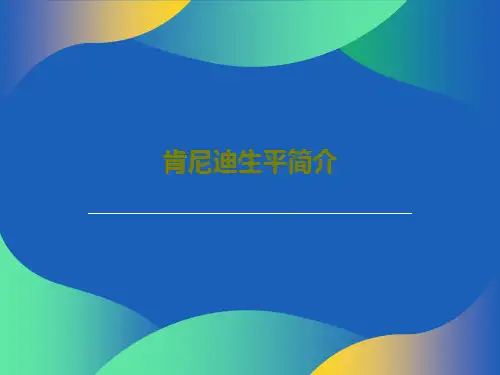
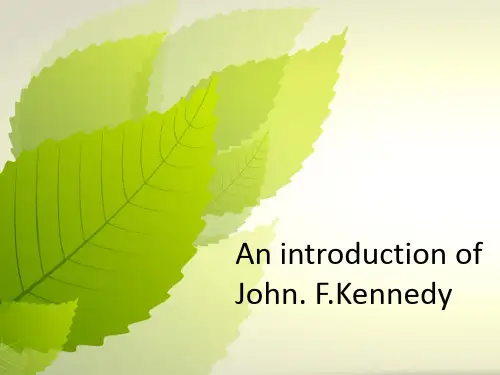
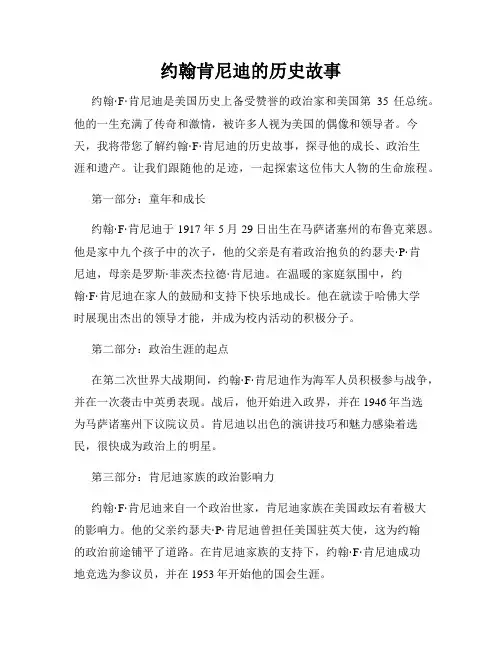
约翰肯尼迪的历史故事约翰·F·肯尼迪是美国历史上备受赞誉的政治家和美国第35任总统。
他的一生充满了传奇和激情,被许多人视为美国的偶像和领导者。
今天,我将带您了解约翰·F·肯尼迪的历史故事,探寻他的成长、政治生涯和遗产。
让我们跟随他的足迹,一起探索这位伟大人物的生命旅程。
第一部分:童年和成长约翰·F·肯尼迪于1917年5月29日出生在马萨诸塞州的布鲁克莱恩。
他是家中九个孩子中的次子,他的父亲是有着政治抱负的约瑟夫·P·肯尼迪,母亲是罗斯·菲茨杰拉德·肯尼迪。
在温暖的家庭氛围中,约翰·F·肯尼迪在家人的鼓励和支持下快乐地成长。
他在就读于哈佛大学时展现出杰出的领导才能,并成为校内活动的积极分子。
第二部分:政治生涯的起点在第二次世界大战期间,约翰·F·肯尼迪作为海军人员积极参与战争,并在一次袭击中英勇表现。
战后,他开始进入政界,并在1946年当选为马萨诸塞州下议院议员。
肯尼迪以出色的演讲技巧和魅力感染着选民,很快成为政治上的明星。
第三部分:肯尼迪家族的政治影响力约翰·F·肯尼迪来自一个政治世家,肯尼迪家族在美国政坛有着极大的影响力。
他的父亲约瑟夫·P·肯尼迪曾担任美国驻英大使,这为约翰的政治前途铺平了道路。
在肯尼迪家族的支持下,约翰·F·肯尼迪成功地竞选为参议员,并在1953年开始他的国会生涯。
第四部分:约翰·F·肯尼迪的总统生涯在1960年的总统选举中,约翰·F·肯尼迪成功地击败了理查德·尼克松,成为美国历史上最年轻的当选总统。
他的总统任期被人们广泛认为是美国历史上的一个转折点,充满了希望和改革的动力。
在他的领导下,国家经历了许多重大事件,包括古巴导弹危机和民权运动。
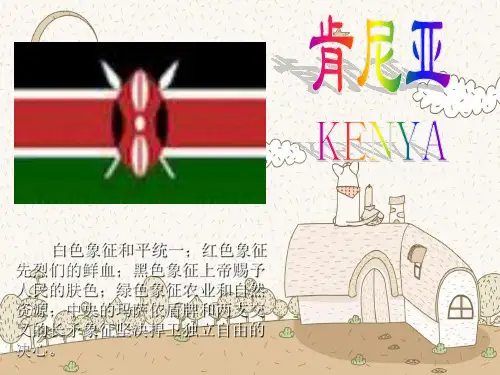
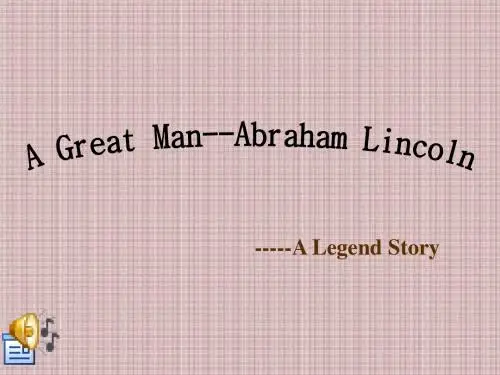
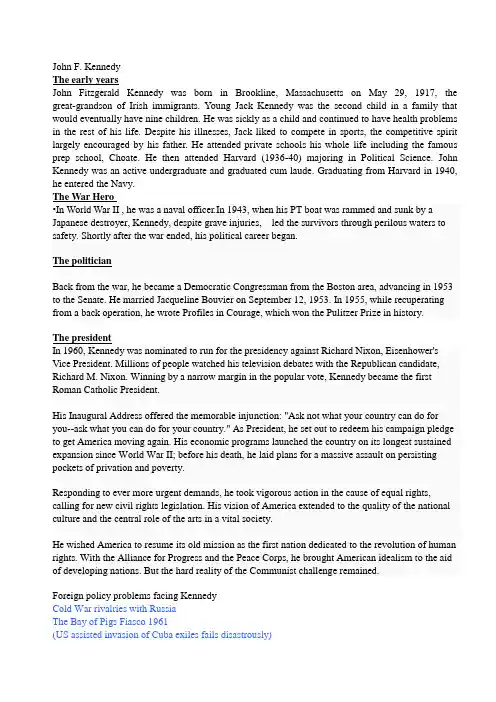
John F. KennedyThe early yearsJohn Fitzgerald Kennedy was born in Brookline, Massachusetts on May 29, 1917, the great-grandson of Irish immigrants. Young Jack Kennedy was the second child in a family that would eventually have nine children. He was sickly as a child and continued to have health problems in the rest of his life. Despite his illnesses, Jack liked to compete in sports, the competitive spirit largely encouraged by his father. He attended private schools his whole life including the famous prep school, Choate. He then attended Harvard (1936-40) majoring in Political Science. John Kennedy was an active undergraduate and graduated cum laude. Graduating from Harvard in 1940, he entered the Navy.The War Hero•In World War II , he was a naval officer.In 1943, when his PT boat was rammed and sunk by a Japanese destroyer, Kennedy, despite grave injuries, led the survivors through perilous waters to safety. Shortly after the war ended, his political career began.The politicianBack from the war, he became a Democratic Congressman from the Boston area, advancing in 1953 to the Senate. He married Jacqueline Bouvier on September 12, 1953. In 1955, while recuperating from a back operation, he wrote Profiles in Courage, which won the Pulitzer Prize in history.The presidentIn 1960, Kennedy was nominated to run for the presidency against Richard Nixon, Eisenhower's Vice President. Millions of people watched his television debates with the Republican candidate, Richard M. Nixon. Winning by a narrow margin in the popular vote, Kennedy became the first Roman Catholic President.His Inaugural Address offered the memorable injunction: "Ask not what your country can do for you--ask what you can do for your country." As President, he set out to redeem his campaign pledge to get America moving again. His economic programs launched the country on its longest sustained expansion since World War II; before his death, he laid plans for a massive assault on persisting pockets of privation and poverty.Responding to ever more urgent demands, he took vigorous action in the cause of equal rights, calling for new civil rights legislation. His vision of America extended to the quality of the national culture and the central role of the arts in a vital society.He wished America to resume its old mission as the first nation dedicated to the revolution of human rights. With the Alliance for Progress and the Peace Corps, he brought American idealism to the aid of developing nations. But the hard reality of the Communist challenge remained.Foreign policy problems facing KennedyCold War rivalries with RussiaThe Bay of Pigs Fiasco 1961(US assisted invasion of Cuba exiles fails disastrously)The Berlin Wall 1961Cuban Missile Crisis 1962While the world trembled on the brink of nuclear war, the Russians backed down and agreed to take the missiles away. Kennedy now contended that both sides had a vital interest in stopping the spread of nuclear weapons and slowing the arms race--a contention which led to the test ban treaty of 1963. The months after the Cuban crisis showed significant progress toward his goal of "a world of law and free choice, banishing the world of war and coercion." His administration thus saw the beginning of new hope for both the equal rights of Americans and the peace of the world.On November 22, 1963, when he was hardly past his first thousand days in office, John Fitzgerald Kennedy was killed by an assassin's bullets as his motorcade wound through Dallas, Texas. Kennedy was the youngest man elected President; he was the youngest to die.Historical SignificanceJohn Kennedy was important more for his iconic reputation than his legislative actions. His many inspiring speeches are often quoted. His youthful vigor and fashionable First Lady were hailed as American royalty; his time in office was termed "Camelot."。
